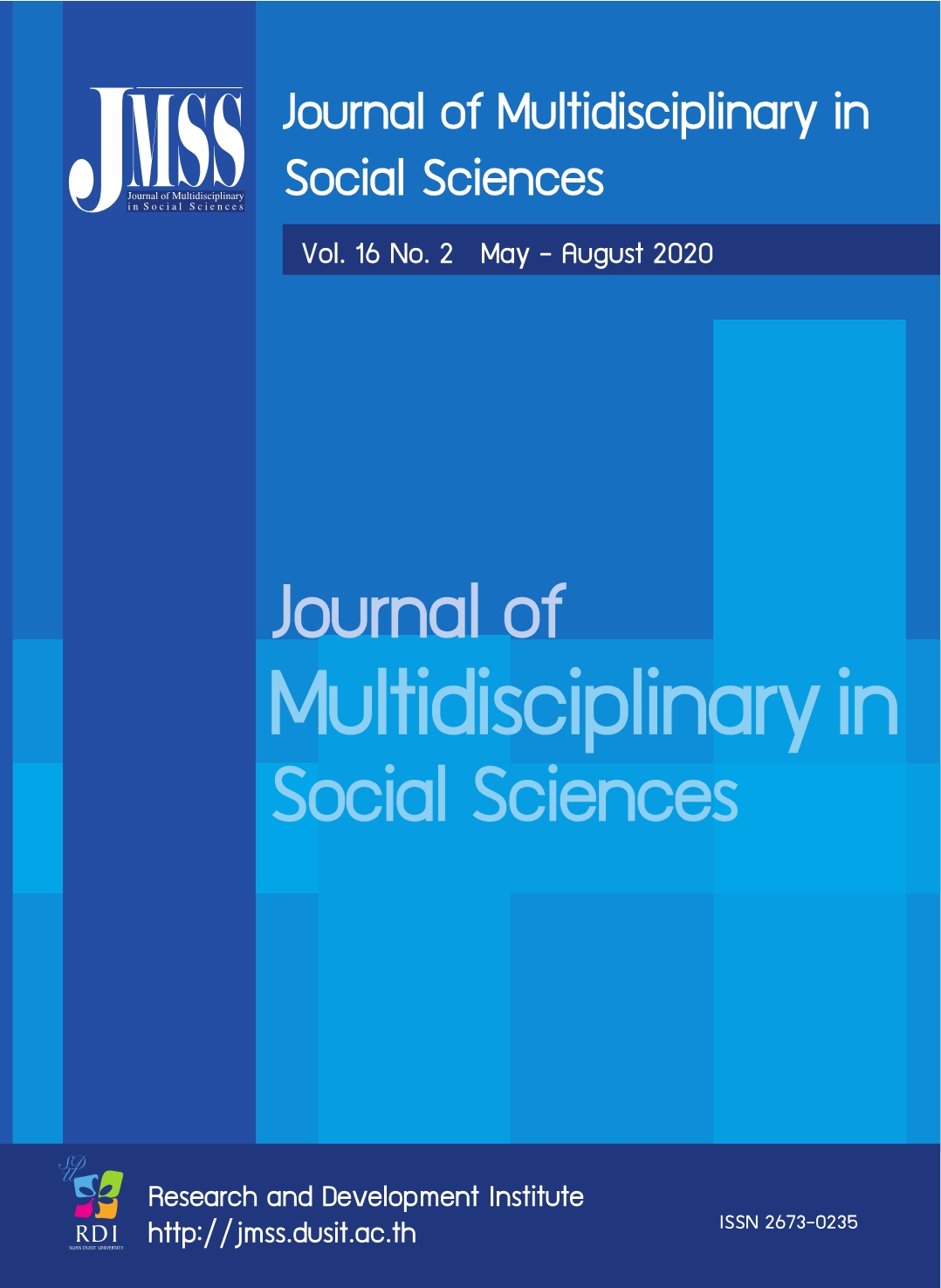English Learning Management of Generation Z Learners with Active Learning
Keywords:
Active learning, Concept of generation, Generation Z learnersAbstract
This article aims to present the guidelines of learning management in an English course that meets the context and satisfies the needs of Generation Z learners with active learning. Active learning is a form of learning by doing. It provides the learners with reading, writing, interacting, and analyzing problems. The learners will be provided with advanced thinking processes such as synthesis, analysis, and evaluation. In this article, the author describes the characteristics and the techniques for learning management, including the benefits of active learning to find the approaches that can be adapted to English teaching and learning. Moreover, the author views active learning as the most suitable teaching method for Generation Z learners. The article shows their learning styles and their needs of learning based on the concept of generational theory for Generation Z learners, linking learning management with active learning. The author, therefore, views that the concept of generational theory enables the instructor to organize an effective active learning process in English to achieve the curriculum learning outcome and also meet the needs of Generation Z learners.
References
Anokhina, A. (2016). What Can We Learn From Generation Z?. Retrieved December 2, 2016, from https://channels.theinnovationenterprise.com/articles/what-can-welearn-from-generation-z
Aronson, E., Stephan, C., Sikes, J., Blaney, N., & Snapp, M. (1978). The Jigsaw Classroom. Beverly Hills, California: Sage.
Bonwell, C. C., & Eison, J. A. (1991). Active Learning: Creating Excitement in the Classroom. ERIC Digest.
Graven, H., & Olaf. (2015). The use of Active Learning technology effectively. Bangkok: King Mongkut's Institute of Technology Ladkrabang.
Green, C. S., & Bavelier, D. (2003). Action Video Game Modifies Visual Selective attention. Nature, 423(6939), 534-537.
Johnson, D. W., & Johnson, R.T. (1987). Research Shows the Benefits of Adult Cooperation. The Educational Leadership, 45(3), 27-30.
Mannheim, K. (1970). The Problem of Generations. Psychoanalytic Review, 57(3), 378-404.
McKinney, K. (2008). Sociology Through Active Learning. San Francisco: Jossey-Bass.
Raweewan, W. (1987). Lesson of Teacher Training on Radio Post, Teacher’s Level: Principles of Teaching. Nakhon Sawan: Education Center for Radio Teachers.
Strauss, W., & Howe, N. (1991). Generations: the history of America’s future, 1584 to 2069. New York: William Morrow and Company, Inc.
Triumpo, W., & Nokkaew, A. (2014). How do Gen Z learners learn?. Pathumwan Princess Hotel.
Downloads
Published
How to Cite
Issue
Section
License

This work is licensed under a Creative Commons Attribution-NonCommercial-NoDerivatives 4.0 International License.








